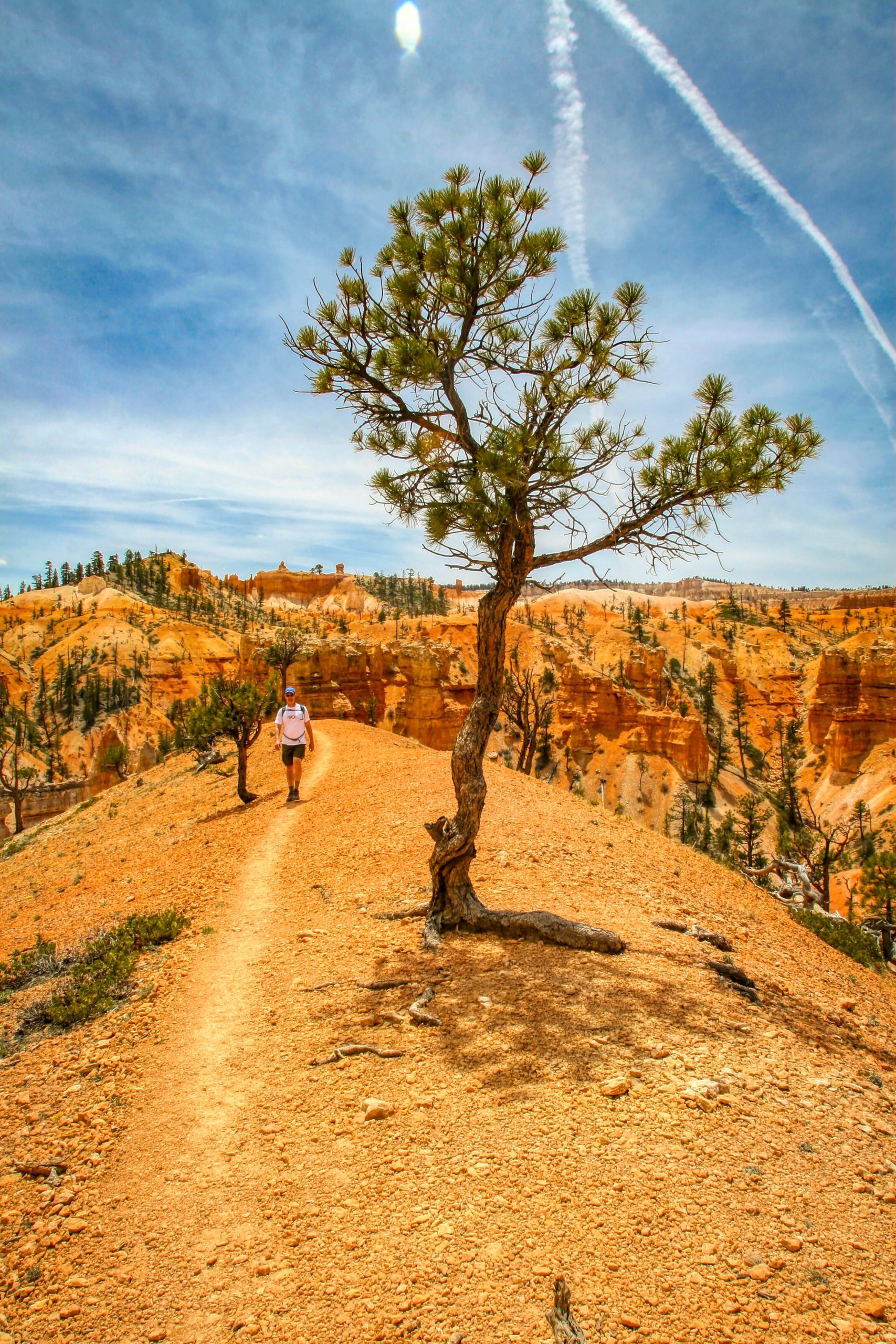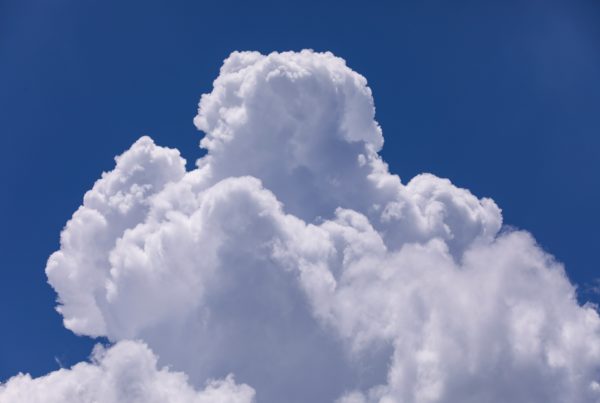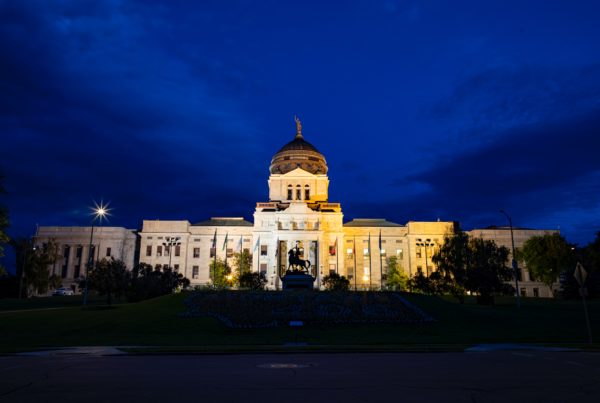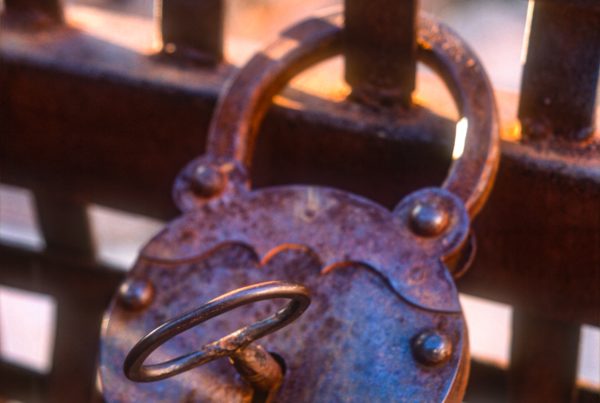God Pins Jacob Down
Through Laban and now Esau, God purifies Jacob. After freeing himself from Laban, another battle quickly emerges. Esau is now strong, and Jacob has no easy way home. Laban is north, barren land lies due east, the Jordan and Dea Sea are on the west, his brother Esau whom he did dirty, is directly south. With no other choice Jacob risks the southern plains. The Jordan river makes running away impossible but provides the unexpected graces of food and fresh water.
Camping With Angels
Interestingly the text says only Jacob saw the angels, if true then Jacob participated in a unique revelation chosen few have enjoyed. Elisha’s said to his servant, “Don’t be afraid, those with us are more than those against.” Then Elisha prayed, “O Lord please open his eyes,” 2 Kings 6:16, and the servant saw the angelic warriors.
Equally dramatic is Peter, James and John observing Jesus speaking with Moses and Elijah.
The word for angels, malachim is also used as messenger in verse 4, and angels are often God’s messengers.
Mahanaim is the ancient Hebrew word for camp.
Costly Forgiveness
Jacob sent his men to appease Esau, rightly believing Esau wanted to kill him. Esau was coming with four hundred men, an extremely powerful force, and if true Esau had every military advantage against Jacob save one, God was with Jacob.
Common sense told Jacob to divide his camps. Scripture peaks into his thoughts, “If he attacks one camp the other can escape.” Some see him weak in faith, but he seems to be a man of practical faith. He faces uncertainty, has no idea what the angels will do, so he does what he can. Pastor Chuck Smith was well known for saying, “Do your best and commit the rest,” and Jacob is acting the same.
A prayer is recorded with Jacob praying humbly and yet theologically, he reminds God about the sacred promise of land, seed, and blessing, and God is listening. After praying, Jacob assembles a love gift for his brother, the count is 580 animals with a modern street value of more than a quarter-million dollars, but pragmatically the gift is worth millions. The parade Jacob organized is an attempt to melt Esau’s heart, but his plan will fail without God.
Wrestling With God
After dividing his camp in two, organizing a parade of gifts, praying directly to God, Jacob courageously moves his family across the Jabbok River. The river exists to this day and its banks are steep and crossing is tricky in certain spots. Esau most likely would never find these people.
Jacob is now alone with God, all his remaining possessions are on the other side of the Jabbok, and little does he know he is exactly where God wants him to be.
Christians see the man wrestling with Jacob as Jesus pre-incarnate, Jews are less specific simply admitting the man was somehow divine. Jesus allowed Jacob to wrestle with him, and wrestling with God is always a great privilege, it’s a love language, where doubts, fears, pains, and great disappointments are brought into sacred places. Jacob knew his life needed the mark of divine blessing, without it all would be lost, so he clenched his fist and held onto God all night long. Truthfully, Jacob held onto God only because God was holding onto him.
At daybreak Jacob asked to know his name and receive a blessing, he got one but not the other.
A New Name
Jesus put Jacob’s hip out of socket and changed his name. In Hebrew, the name Yaakov (Jacob) symbolizes the foot, a place of low living and dishonesty. The name Yisrael (Israel) on the other hand symbolizes victory and rule and spiritually means being honest and straight with God. This is the new power Jacob discovered, becoming the father of the twelve tribes of Israel.
Israel is made up of two ancient Hebrew words—sarah (to be the victor, or to be the ruler), and el which means God. Some falsely think the name means someone wrestling with God, as in a defeatist sense. But the words and context are about victory, with God at the center. God invited Jacob to wrestle with him so he could see God as the victor. Guzik calls the name Israel God rules, others God prevails, both are consistent with the text.
To this day Jews memorialize Jacobs limp through kosher laws by removing the sciatic nerve from meat.
Jacob named the place Peniel, which means Face of God, but interestingly, Jacob never saw God’s face. His experience was so powerful it led to thinking he saw more of God than he did.
